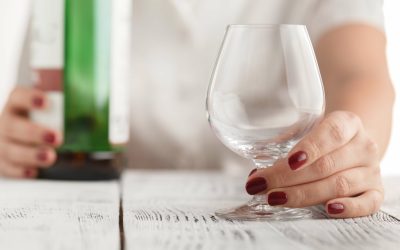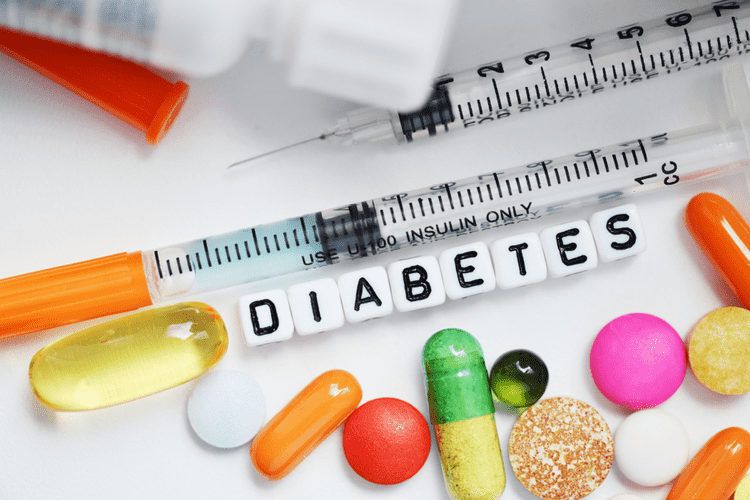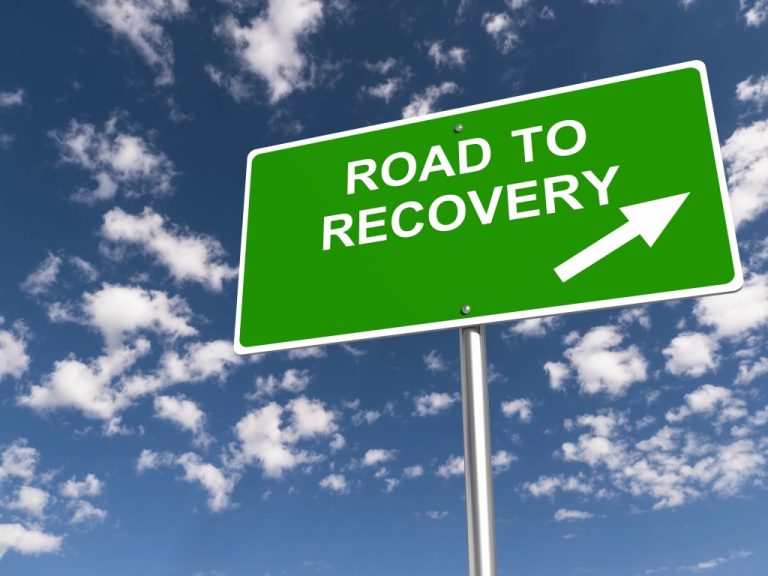Drink Less, Sleep Better: How Alcohol Consumption Affects Sleep
Before we look at the effects of alcohol on sleep in detail, here’s the basic bottom line. The more you drink, and the closer your drinking is to bedtime, the more it will negatively impact your sleep. Even moderate amounts of alcohol in your system at bedtime alters sleep architecture—the natural flow of sleep through different stages. It also leads to lighter, more restless sleep as the night wears on, diminished sleep quality, and next-day fatigue. The major caveat here is that people metabolize caffeine at different rates, so a post-dinner espresso affects different people differently.
Should you drink water right before bed? Here’s what science says
Over time, poor quality sleep can have a negative influence on many different aspects of your life, including your long-term health. If you’re experiencing sleeping issues, whether related to http://www.endeav.org/page.php?id=65 alcohol consumption or not, consider talking to your health care provider or a sleep specialist. Heavy drinking can make the sleep- and circadian rhythm-disrupting effects of alcohol worse.

Want to try drinking less? Try one of these low and no alcohol alternatives.
As you address your alcohol dependency under medical supervision, better-quality sleep is only one of the valuable benefits you’ll experience. However, the reality is that alcohol has more of an adverse effect on sleep than a positive one. If you’re https://mostiks.ru/unikalnoe-omolozhenie-litsa-v-domashni/ drinking before bed to help with sleep, you should choose a different relaxation method that will help you achieve better-quality sleep. There are multiple alcohol effects that can contribute to a hangover, but chief among them is dehydration.
Disrupted circadian rhythm
- If you’re active or training for a specific sport event, it may be worth evaluating your alcohol intake.
- “Green tea is a great option as a replacement for morning coffee, “she says.
“What led me to this topic, I think I wanted to better understand how those variables like anxiety and alcohol interact with each other and how they interact with sleep.” If you’re someone http://megagrabber.ru/lifehack/2020/06/10/mistress-jane-2017-bdsm-sex-short-film-4k.html who snores, you may find that you snore even more after a night of drinking. There’s some research that suggests red wine might be the best choice for people who want to drink occasionally.
For people who don’t drink often or who only drink a small amount, alcohol may not make it harder to fall asleep. However, those who regularly engage in binge drinking are far more likely than those who do not to have trouble falling asleep at night. You may also find alcohol does not help you fall asleep because you have developed a tolerance for its sedative effects. When you experience a lot of daytime sleepiness and feel too alert to fall asleep at night, it may mean your circadian rhythm is not functioning as it should, which could be due to insufficient melatonin production. Research shows that consuming alcohol — even in a moderate dose — an hour before bedtime can cause a notable reduction in melatonin production.


These are changes you can make to your environment and routine to help promote sleep. The goal of cognitive behavioral therapy for insomnia (CBT-I) is to change sleep habits as well as any misconceptions about sleep and insomnia that may perpetuate sleep difficulties. The first treatment for insomnia in recovery is sobriety, and many patients will see improvement. For the specific treatment of insomnia, behavioral therapies are the preferred treatment (rather than medications), as they have been shown to be effective and they won’t interfere with sobriety. Drinking too much is likely to have the opposite effect and leave you feeling groggy and possibly hungover the next day. Also, research shows that people can develop a tolerance to this boozy method within three nights, causing you to need a larger amount of alcohol to get the same effect.
- Though, some experts are currently saying that drinking even a small amount of alcohol over time can hinder your health.
- These people will likely find they have to drink more and more as time goes by to overcome the tolerance they have built up to alcohol’s sedative effects.
- Sleepwalking can lead to injuries, disrupt sleep, and leave a person feeling fatigued and not well-rested after waking.
- Since alcohol adversely affects a person’s sleep quality, they’re likely to feel fatigued during the day, leading them to drink coffee or energy drinks to stay awake and sedate themselves with alcohol at night.
Too much alcohol can affect your sleep but you may benefit from a small drink before bed. Some people may resort to drinking alcohol as a sleep aid or agent that initiates sleep. During the final hours of sleep when alcohol is metabolized by the body, it can have a disruptive effect on sleep, causing frequent waking and fragmented sleep. Ultimately, alcohol can decrease the amount and quality of sleep you get. This phenomenon comes as your body finishes metabolizing the alcohol you consumed.

